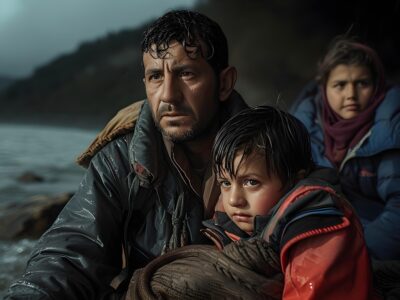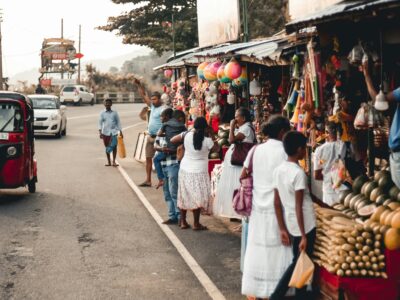19-07-2024
Innocenti Chiara
Human Rights and Europe Researcher,
Global Human Rights Defence
PARIS (France) – During the 2024 Paris Olympic Games, the protection of human rights has once again become cause for concern, coming under the spotlight of civil society and international organisations alike. Amnesty International and Human Rights Watch have reported gross violations leading up to the event, highlighting inadequate working conditions and discrimination based on gender and religion in the admission procedures.
The highly anticipated global event, intended to foster unity among nations and mend divisions exacerbated by ongoing conflicts, is alarming for its failure to meet human rights standards under International and French law. Behind the logistical preparations lies the Paris 2024 Human Rights Strategy, published by the Organising Committee for the Olympic Games (OCOG), aiming to guide all stakeholders through the principles of integrity, fair play, and neutrality. This OCOG conducted an initial assessment to identify risks participants, volunteers, workers might face before or during the competition, striving to prevent violations of fundamental rights and implementing a whistleblowing system to protect the victims.
Despite these efforts to safeguard individual freedoms, the host nation has imposed restrictions preventing its athletes from wearing hijabs during the competitions, unfairly excluding Muslim women from participating in running events. In this context, the country which is internationally recognised as the cradle for human rights, finds itself in violation of international law, disregarding freedom of religion and perpetuating gender-based discrimination.
Controversies have also surfaced in respect of migrant workers involved in the venue preparations, following the revelations by the CGT trade unionists. Fifteen sponsors were found employing this group of workers under exploitative conditions with little regard for their rights to decent work conditions. The scandal erupted after Haroun, a migrant worker, bravely spoke out and unveiled the shame: “I was advised that there would be inspections. When there are inspectors, we are always given advance notice. Typically, we are instructed to visit a pub and return later or to withhold our true identities if questioned”, said the employee, also revealing a severe work accident that went unreported by his supervisor.
Amidst a global landscape scarred by conflict, it is imperative that authorities prioritise addressing these grave violations of human dignity, particularly in safeguarding vulnerable groups under international law. The visit on June 21st of Council of Europe Commissioner for Human Rights, Micheal O’Flaherty, to Paris and his discussions with the French National Consultative Human Rights Commission (CNCDH), underscored the urgent need to uphold human dignity to finally adhere to the fundamental principles of Olympism. Moving forward, other than preventive measures, accountability is essential to ensure that the Paris 2024 Olympic Games reflect true inclusivity and respect for human rights.
Sources and other readings:
(2024, June). Human Rights Strategy Paris 2024. Organising Committee for the Olympic Games.
(2024, July 15). Paris Olympics 2024: Key issues – Israel, Russia, Seine, hijab ban, workers. Aljazeera. Retrieved on July 20, 2024, from:
(2024, June 21). Paris 2024: Commissioner O’Flaherty engages with the host city and civil society actors about the human rights impact of the Olympic Games. Council of Europe. Retrieved on July 18, 2024, from:
(2024, July 16). “Excellence, respect, friendship”: Why hijab bans in French sports defy Olympic values and human rights. Amnesty International. Retrieved on July 17, 2024, from:
(2024, May 16). Behind the scenes at an Olympic Village: Migrant labourers speak out against rights abuses. Euro-Med Human Rights Monitor. Retrieved on July 17, 2024, from:








Comments